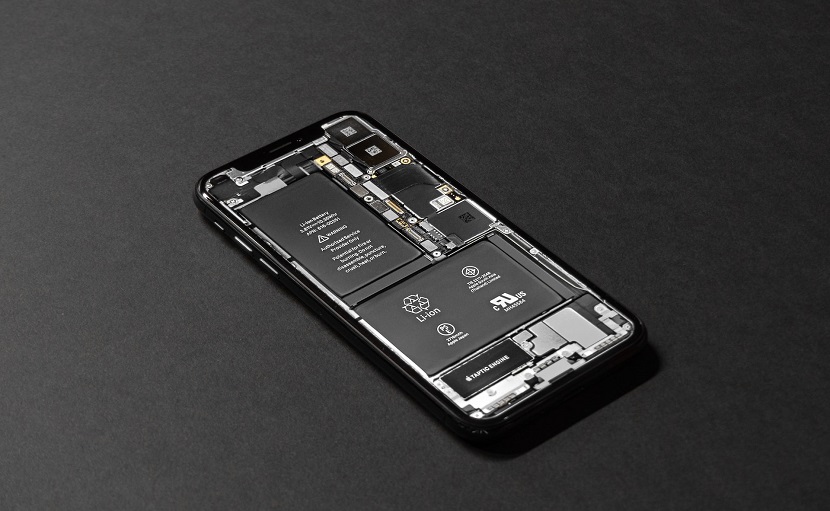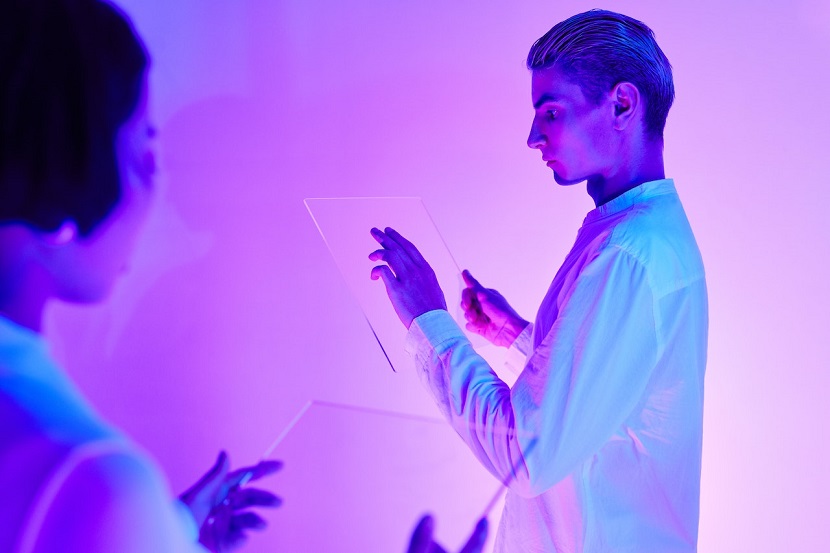Numerous firms in Europe have made personnel reductions over the past few months as the economy has gotten worse, particularly consumer and finance startups like Gorillas and Klarna. However, not all industries have been impacted equally, and the deep tech industry in Europe is still growing. The continent has received five deep tech unicorns this year. Those are the robotics business Exotec, the self-driving truck startup Einride, the inventor of flying taxis Volocopter, the battery manufacturer Polarium. Most recently, the AI image-generator Stability AI has joined this list. Many European deep tech startups have more than quadrupled their staff in the past year as a result of the influx of funding into the industry.
Investing in deep tech startups
According to Dealroom data, European investors invested $17 billion in deep tech businesses on the continent last year. And while that is less than the record-breaking $22.8 billion invested in 2021, it is still a significant increase above the $11.6 billion and $11.1 billion invested in 2019 and 2020, respectively. And if megarounds (deals surpassing $250 million) are not included, 2022 only saw a modest decline in investment, with $14.9 billion invested as opposed to $15.5 billion the year before.
The tenacity of Deeptech through a difficult year is not surprising. Deeptech investor Marcin Hejka from OTB Ventures argued that acquisitions in the sector weren’t being badly impacted. He added that “the deep tech space, especially early deep tech, is probably the least impacted part of the venture capital market” as company values began to decline last year. Even investing in early-stage deep tech is anti-cyclical, according to him.
Here are the deep tech startups in Europe that have shown significant growth in the last 12 months.

The fastest growing deep tech startups in Europe
Ultraleap
Having worked on hand-tracking and haptic technology, Ultraleap will enable users to interact with digital items without physically touching them. To simulate touch, haptic technology uses ultrasonic waves, which are audible only to the human ear. The business is using the technology in virtual reality systems, interactive panels, and gesture control in automobiles. However, it raised £60 million in a Series D round in 2021. It was established in 2013 in Bristol and it has got $166m in total funding.
Polarium
Because they are totally recyclable and lose a lot less energy than other batteries on the market, Polarium’s lithium batteries lower the price and environmental impact of energy storage. The technique is applied in many different fields, including as solar energy, electric vehicles, and telecommunications. When the firm raised $100 million in May of this year, it became one of Europe’s deep tech startups, and soon after, its employee count skyrocketed. Polarium was founded in Stockholm in 2015. Its total funds amount to $147m.

Coala Life
A heart monitor created by Coala Life may detect and track cardiac issues including palpitations by connecting to the user’s smartphone. Doctors can track patients remotely and keep an eye on their health in real time thanks to the technology, which is presently in use in the US and Europe. Last year in August, Coala purchased the remote patient monitoring business Vitrics Management, greatly expanding its workforce. The Upsala based deep tech startup has got a total funding of $22.5 million. The startup has been on the market since 2015.
Axelera AI
Computer chips created by Axelera AI are intended exclusively for artificial intelligence (AI) tasks like computer vision and natural language processing. The technology aims to make AI available to businesses in industries including security, retail, and robotics. In order to finance the commercialization of its AI chips, which the business plans to introduce next year, Axelera received $27 million in a Series A investment last year in October. With its headquarters in Eindhoven, the deep tech startup’s total funding is around $39 million. Axelera AI started its operations in 2021.

Ochre Bio
A newcomer named Ochre Bio is creating targeted RNA therapeutics for liver illness. To research human livers, the business employs a “deep phenotyping” methodology that blends machine learning, cellular genomics, and tissue imaging tools. The design of RNA medications that reprogram the liver is then done using that information. To support the development of its liver medicines, Ochre Bio received $30 million in a Series A financing in October. Clinical trials are expected to begin in 2024. Ochre Bio was founded in 2019 in Oxford and it has acquired funding of $39.8 million.
Mediktor
In a conversation with a patient, Mediktor’s AI medical assistant employs natural language processing to analyze a variety of symptoms. It then suggests the user’s next course of action. This enables the assistant to assess the issue’s urgency and identify any potential conditions that could be generating the symptoms. In October 2021, the company raised $13 million, and since then, it has been rapidly expanding its staff. The Barcelona based deep tech startup has been on the market since 2011 and has got total funding of $19.7 million.

Helsing
Helsing is creating AI technologies to aid democratic nations’ national security and defense initiatives. The corporation wants to employ real-time sensor data to assist in strategic operations decision-making. In November 2021, Helsing secured €103 million in a Series A financing, the majority of which came from Daniel Ek’s investment firm Prima Materia. Its headquarters have been in Berlin since its establishment in 2021. In addition, the total funding is $113 million.
Destinus
Destinus works on developing hydrogen-powered hypersonic rocket airplanes. In fact, this aircraft might provide a quicker and greener option for shipping people and goods throughout the world. In February 2022, Destinus raised $29m in a seed round, and since then, the company has been aggressively expanding its staff. Destinus headquarters are in Payerne, Switzerland. It was founded in 2021 and it has got a total funding of $36 million.



